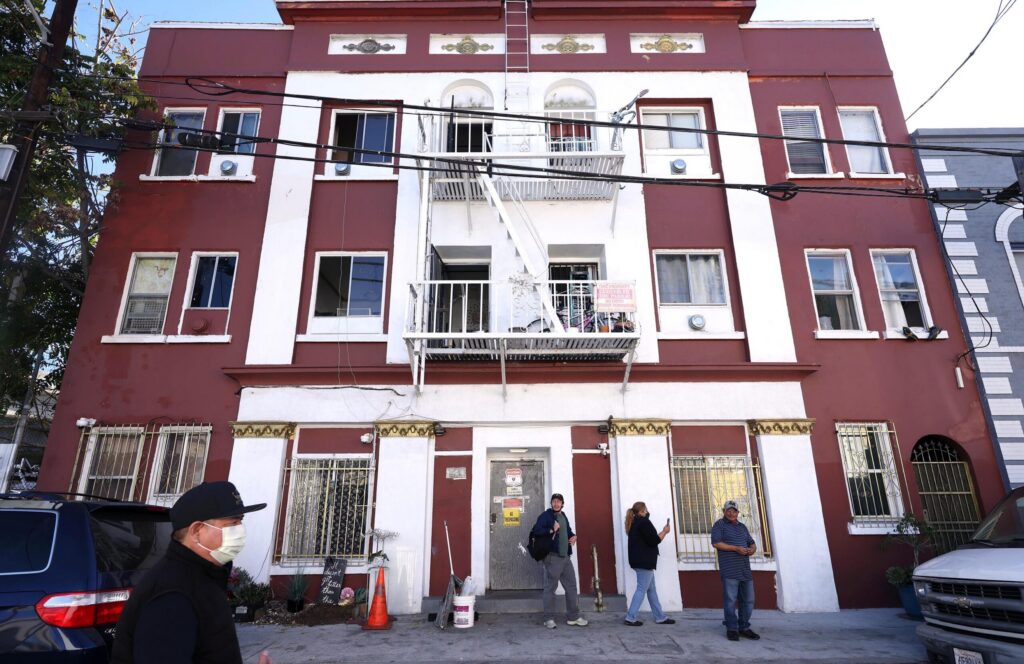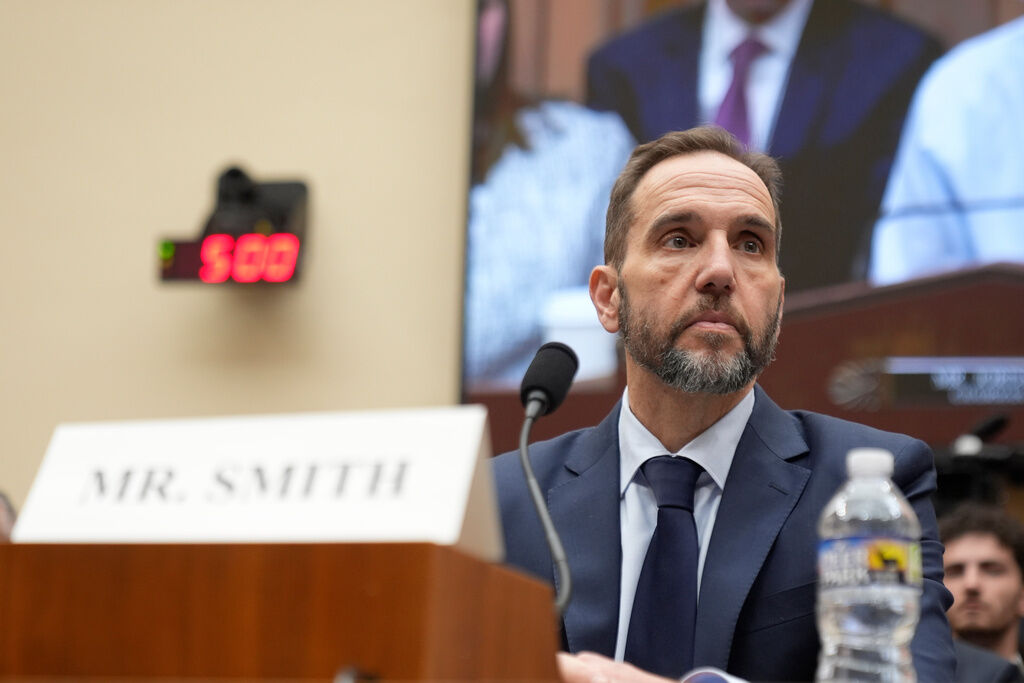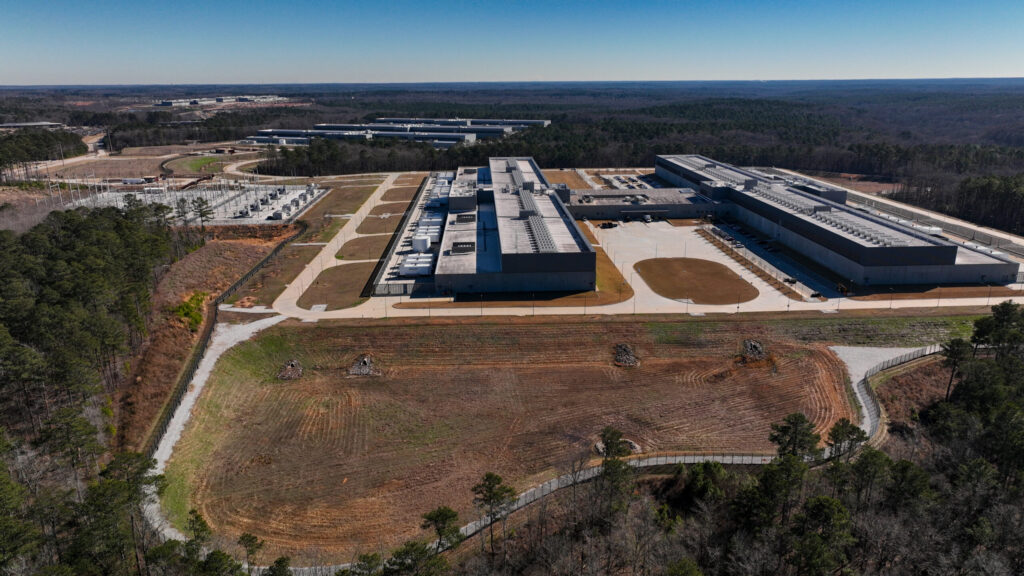Colorado House OKs banning local immigration detention agreements

Colorado legislators advanced a bill Monday seeking to further reduce local involvement in federal immigration operations.
If passed into law, House Bill 1100 would prohibit state and local governments, law enforcement agencies and jails from entering or renewing contracts with U.S. Immigration and Customs Enforcement (ICE) to house people suspected of civil immigration violations, and from facilitating new private immigration detention facilities.
ICE often detains people going through immigration proceedings to assure they attend their court dates or while they await deportation decisions, according to the ACLU. State and local agreements allow ICE to house these immigrants in county and local jails.
“The police and sheriff collaboration with ICE destroys community trust and safety,” said bill sponsor Rep. Naquetta Ricks, D-Aurora. “Prohibiting profit-motivated contracts between ICE and local jails will help build on the work to ensure that immigrant families remain an integral part of Colorado communities and neighborhoods.”
The bill would not prohibit the federal government from contracting with private companies to operate immigration detention facilities in Colorado – such as the GEO Group detention center in Aurora. The bill would also not prohibit local government or law enforcement from arresting or detaining undocumented immigrants for criminal violations.
The bill passed its final vote in the state House of Representatives on Monday, now being sent to the Senate for consideration.
House lawmakers advanced the bill in a 41-22 vote, with all Republicans opposed to the bill and all but four Democrats in support. Democratic Reps. Shannon Bird of Westminster, Bob Marshall of Highlands Ranch, Barbara McLachlan of Durango and Marc Snyder of Colorado Springs joined their Republican colleagues in voting “no.”
Opponents argued that the bill would incentivize undocumented immigrants and asylum seekers to come to Colorado, saying the state is unable to accommodate them.
“As we’ve seen just recently here in Denver, it’s costing millions of dollars to be able to care for asylum seekers that came to our state,” said Rep. Gabe Evans, R-Fort Lupton. “What is the impact that has on the rest of our community? What is the impact that has on our resources, on our taxpayer dollars, on our first responders, on our hospitals? We know that these systems are already stretched thin.”
Other critics claimed the bill would lead to undocumented immigrants being transferred out of state and raised concerns about closing the ICE detention facility in Teller County, calling it “a huge investment” for the community. Under the bill, existing local agreements with ICE that do not have a termination provision would have to add one by January 2024.
Proponents called these concerns unwarranted, saying the federal GEO Group ICE facility is generally only at 50% of its 1,500-bed capacity and less than 1% of Teller County’s budget comes from the ICE agreement.
Bill sponsor Rep. Lorena Garcia said immigration detention agreements are also a moral issue, forcing Colorado taxpayers to bear the costs of a federal responsibility that many residents do not support.
“In what other instance do we detain folks for a civil offense?” said Garcia, D-Adams County. “Our current detention system deprives people who are immigrants of their liberty, and it destroys families when forced separation occurs. This goes against our deepest values as Coloradans, and it goes against our deepest values as human beings.”
This bill builds on previous legislation passed by Colorado in 2019, prohibiting state law enforcement officers from arresting or detaining people on federal immigration charges.
If HB 1100 is enacted, Colorado would join other states including California, Illinois and New Jersey in banning or limiting intergovernmental support agreements for immigration enforcement.
The bill will be heard in the Senate in the coming weeks. The bill must be approved by both the Senate and the governor to take effect beginning in 2024.














